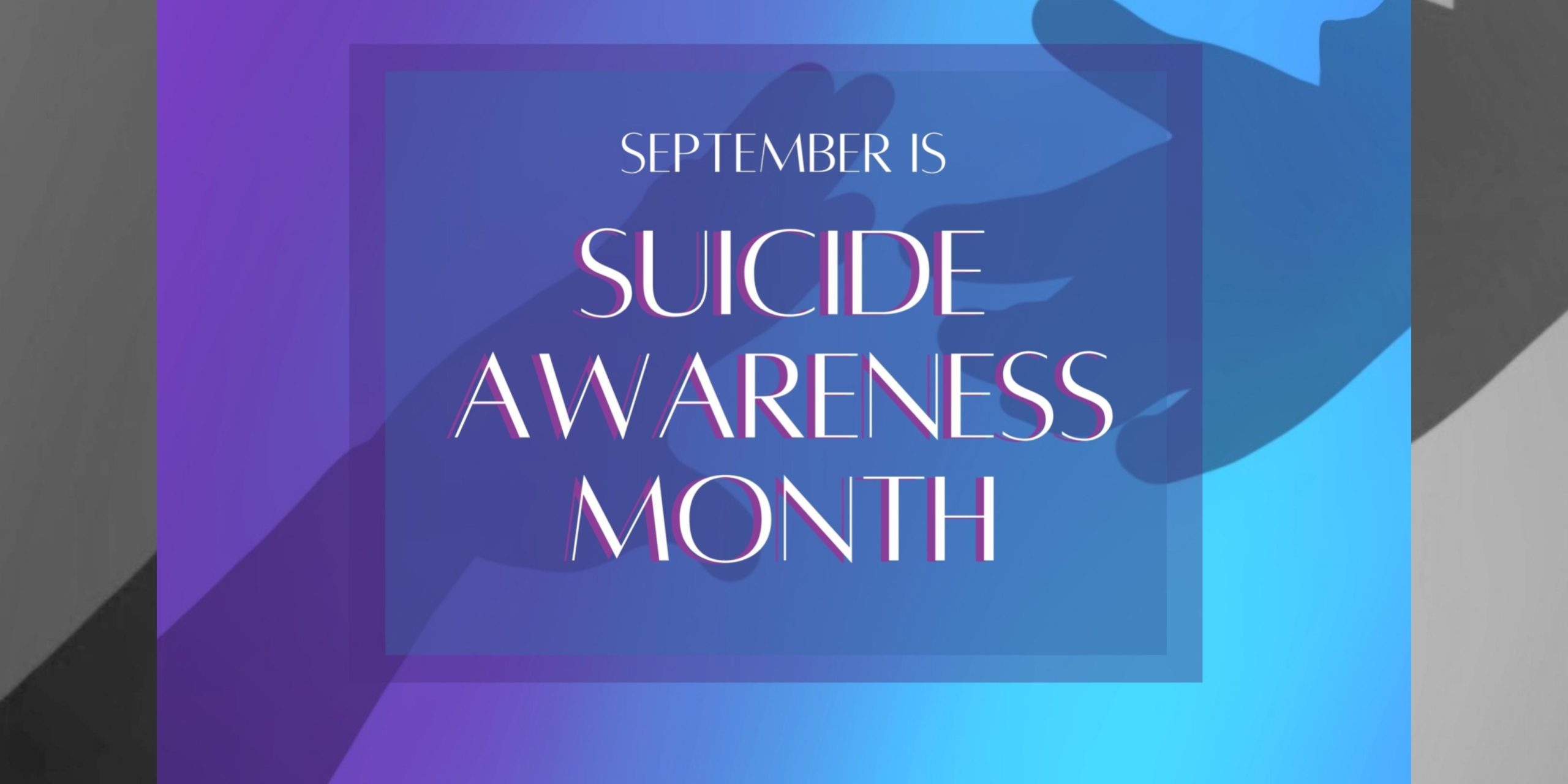STORY BY LAURYN COX, STAFF WRITER
GRAPHIC BY PIXIE IWATA, CO-EDITOR
September is a month to raise awareness for those who are affected by suicide. It can also be a time for those in need to connect with professionals for those who seek help.
Transitioning from high school to college can be a stressful moment in life, where you are figuring out your place and what your future holds. The thought of suicide might be the furthest thing from your mind as college students, but suicide is the leading cause of death amongst college students in the United States. The stress of the pandemic and the uncertainty of the future are all factors adding to a college students’ plate. It is imperative students are informed on the warning signs and what steps to take for themselves or others considering suicide.
College has different challenges for every student to overcome, such as anxiety, loneliness, time management, and depression, according to Best Colleges. The global pandemic added to the pressure for college students to maintain their mental health, their day-to-day life, and their school work.
Nearly half (46%) of students reported that they felt more isolated or and lonelier. 40 percent slept less, 39 percent worked out less and ate worse, and 32 percent experienced hopelessness during the pandemic, according to Best Colleges.
There are many times of feeling helpless or in need of support to overcome feeling alone or depression. Being able to spot the signs within yourself and within others around you can help save someone form suicide or suicidal thoughts. A few questions that you can ask that are positive conversation starters would be, “I’ve been concerned about you and wanted to see how you’re doing?” “How can I support you?” I’m here for you. You’re not alone.”
Although at times being a student on top of the rest of the activities in your life can seem like too much, you are not alone. Reaching out to others for help or recognizing someone needs help can make all the difference. You are not alone.
Suicide Deaths through the years 2019 and 2020
According to Center for Disease Control and Prevention |
National Suicide Prevention Lifeline 1(800) 273-8255
Suicide & Crisis Lifeline 988



